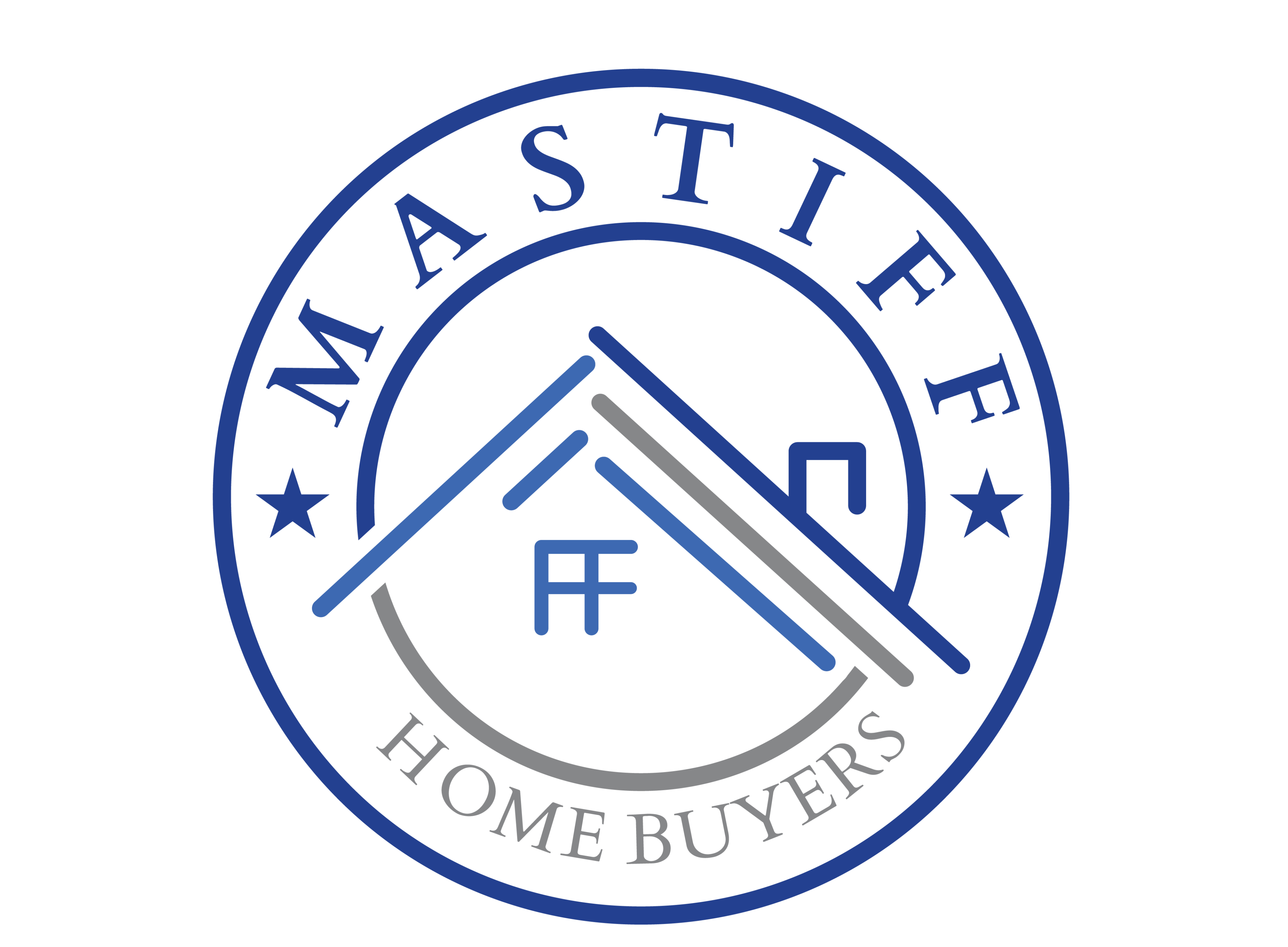
If you’ve received a notice of default regarding foreclosure and are seeking clarity on what this means and what happens next, continue reading for detailed insights.
What Is A Notice Of Default?
Essentially, a foreclosure notice of default is a legal document that a lender is required to file to initiate the foreclosure process.
This notice must be distributed to all parties with a vested interest in the property. This includes holders of any secondary loans, other lending institutions, and even contractors who are owed money for work performed on the property; all must receive a copy of the notice.
In addition to direct notifications, the foreclosure notice of default must be published in a local newspaper and prominently displayed on the property in question.
While this process may feel overwhelming and potentially embarrassing for those undergoing foreclosure, it serves as a crucial consumer protection measure. It ensures that all interested parties are adequately informed and can take appropriate action in response to the foreclosure proceedings.
What Steps Should You Take?
If you’re in Kansas or Missouri and have received a notice of default, there are several key steps you can take to address the situation:
- Understand Your Rights and Obligations: Familiarize yourself with the foreclosure laws in Kansas or Missouri, as they can differ. This understanding is crucial in knowing your rights and the timeline you’re working with.
- Contact Your Lender: Reach out to your lender as soon as possible. Lenders may offer options such as loan modification, forbearance, or a repayment plan. Communicating with your lender shows your intent to resolve the issue.
- Seek Legal Advice: Consult with a real estate attorney who specializes in foreclosure cases. An attorney can provide legal advice specific to your situation, help you understand your options, and represent you in dealings with your lender.
- Explore Loss Mitigation Options: Investigate loss mitigation options like refinancing, a short sale, or a deed in lieu of foreclosure. These options can help you manage or alleviate your mortgage burden without going through a full foreclosure.
- Consider Government Assistance Programs: Look into government programs that assist homeowners in foreclosure. Programs may vary between Kansas and Missouri, but they can offer valuable resources and support.
- Review Your Finances: Assess your financial situation comprehensively. This may involve creating a budget, cutting unnecessary expenses, or finding ways to increase your income to manage your mortgage payments.
- Respond to Legal Notices: If you receive any legal documents, respond to them in the timeframe required. Ignoring legal notices can result in losing rights or options in the foreclosure process.
- Stay Informed and Organized: Keep all correspondence related to your mortgage and foreclosure. Staying organized will help you keep track of deadlines and important documents.
- Consider Housing Counseling: Non-profit housing counselors can offer advice on managing your mortgage or dealing with foreclosure. They can also help you understand the implications of different choices.
- Plan for the Future: Regardless of the outcome, start planning for your future housing needs. This might involve looking for a new place to live if foreclosure seems inevitable.
In conclusion, receiving a foreclosure notice of default in Kansas or Missouri is a significant event, but it’s important to remember that you have options and resources at your disposal. By understanding your rights, communicating with your lender, seeking legal advice, and exploring all available avenues like loss mitigation or government assistance programs, you can navigate this challenging situation more effectively. Staying informed, organized, and proactive is key to managing the foreclosure process. Remember, taking timely action can open up more possibilities for resolving the issue and securing your financial future.

